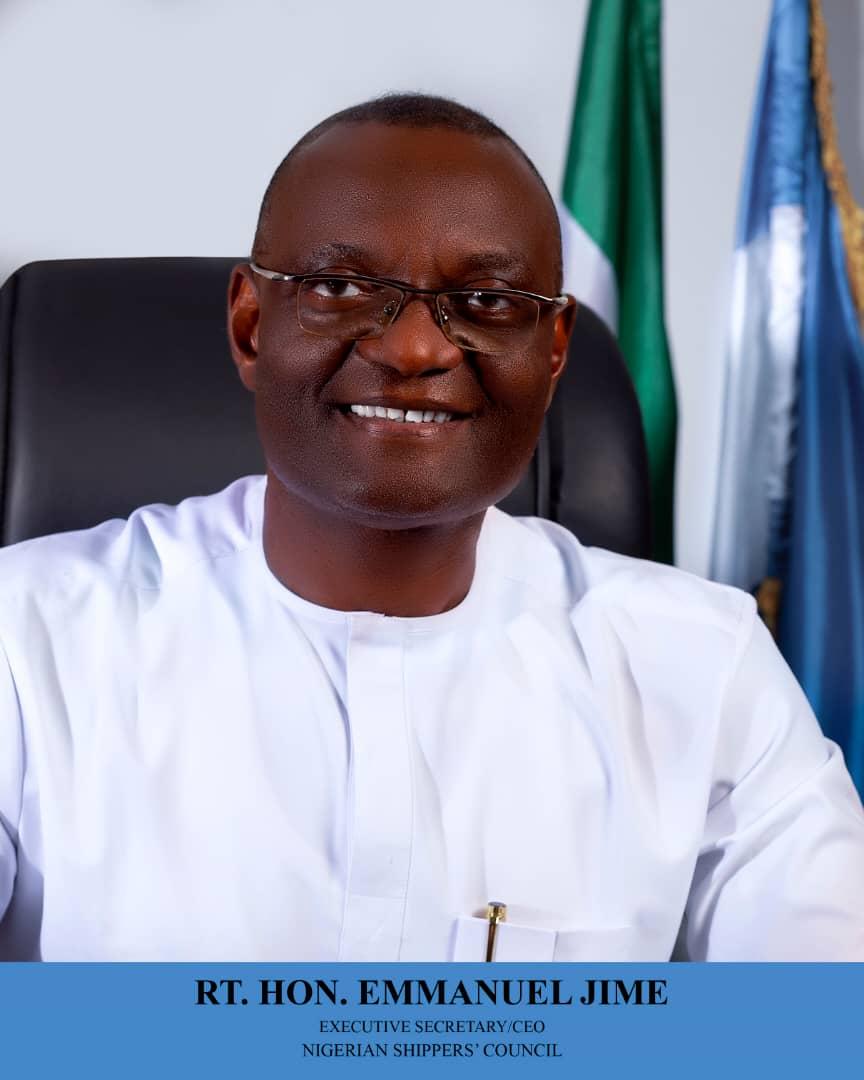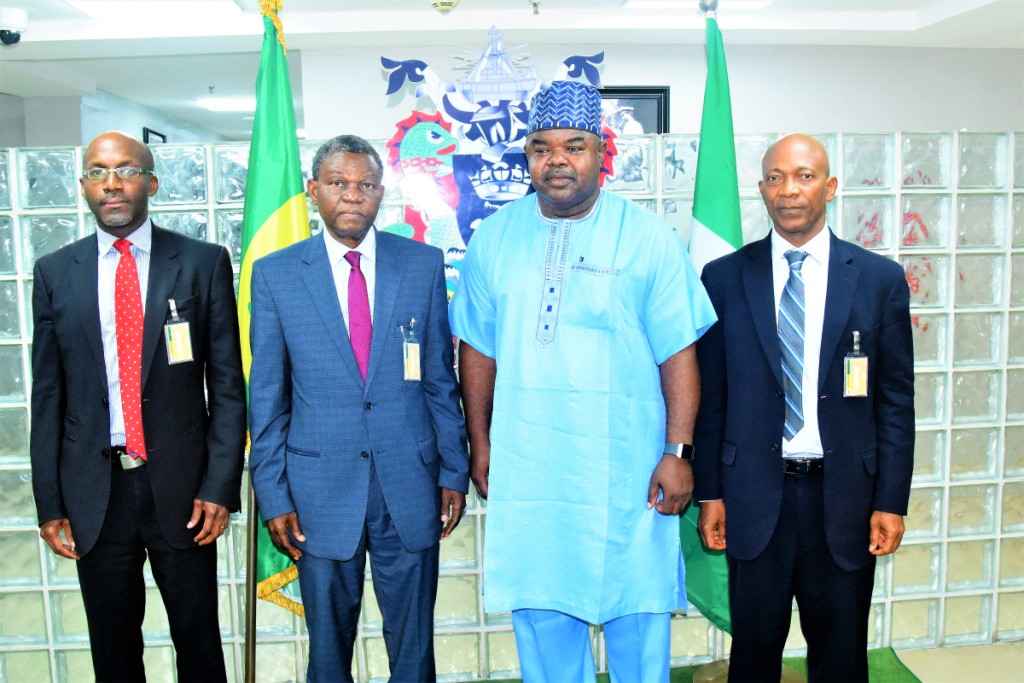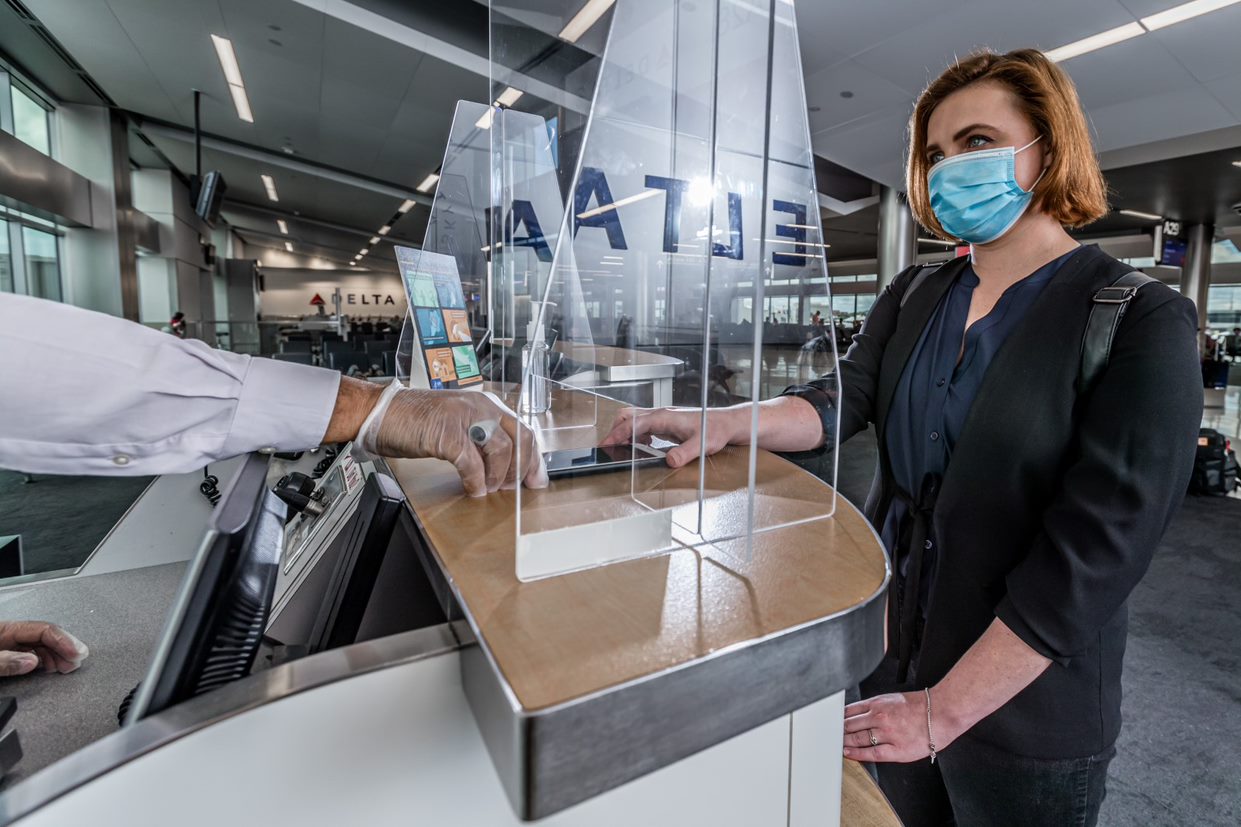Leading maritime stakeholder, Mr. Lucky Amiwero has called for strategic measures designed to raise Nigerian maritime security architecture if the country is ready to maintain and raise volume of foreign vessels doing business in Nigeria.
Speaking in a telephone interview with Business Hilights Intelligence Unit (BHIU) in Lagos, he said “The leadership of the Nigerian Maritime Safety and Administration (NIMASA) as it is currently structured, has not taken enough time to put issues of maritime security to order, rather it has grossed itself in presenting papers at every slightest opportunity and making pledges that have no structures for their implementation as far as the nation’s maritime industry is concerned”.
It would be recalled that cases of pirate attacks and kidnappings within the nation’s territorial waters since the beginning of the year and even last year had become unprecedented.
Otherwise, the scourge is taking an alarming toll on shipping in Nigeria’s territorial waters and the Gulf of Guinea.
This year alone, freight costs have reportedly risen six times, amid fears insurance could also be hit.Statistics from the International Maritime Organisation (IMO) show: “In the first four months of 2018, the number of incidents significantly increased in the region, with 36 reported, against 17 the same period in 2017.”
Only last month, 11 crewmembers of FWN Rapide were taken hostage off Port Harcourt, spending four weeks in captivity. The mariners were sailing on board the Dutch-flagged vessel from Takoradi in Ghana when they came under attack.In February, five armed pirates attacked ST Marseille, a Luxembourg-flagged tanker as it anchored in the Bay of Cotonou. They had approached the tanker in a speedboat and opened fire.
Business Hilights observed that within the same month, armed pirates attacked two vessels in separate incidents off the Coast of Bonny Island. The development has left stakeholders worried that foreign shipping companies may introduce a minimum of $200,000 (about N72 million) as insurance premium before calling at the nation’s ports.
An importer, Chief Okey Nwobi said in an interview that “The cost of shipping is now very high because they increase it almost on a monthly basis. They have increased it more than six times this year. At a time, it was increased by $500 or $600. Now, it’s over $5,200, from $2,200 for one container. This increase is affecting the prices of commodities because we will have to add the cost of shipment to determine our market price”.
Besides, the latest report released by Ocean Beyond Piracy (OBP) showed that the economic cost of piracy to West Africa has been on the increase in the last three years, reaching over $818.1 million in 2017, while about $213.7 million was spent to contract maritime security personnel protecting vessels in the region. It revealed that regional spending on law enforcement and naval patrols increased by $13.2 million in the year. The report also showed that 1,726 seafarers were affected last year, while 100 crewmembers were taken hostage. Two persons were killed.
The report however, shows that attacks on cargo vessel are currently on the rise, as crude oil prices assume an upward swing, noting further that “While only one incident of hijacking for cargo theft was recorded in 2017, incidents in early 2018 may suggest a return to the model”.
Otherwise, several shipping companies patronising West Africa and indeed Nigeria are incurring additional expenses, as they are compelled to engage the services of private security guards, even though the Federal Government recently declared that such violates Nigeria’s constitution.
Facts from the security cost by OBP showed that coastal states incurred personnel costs of about $213.7 million; affiliated escorts, $9.4 million; and private patrols, $134.9 million per year. It noted that Nigeria spends about $6.6 million yearly to protect its security anchorage area. These are clearly demarcated areas where ships could safely anchor and wait to berth or conduct ship-to-ship (STS) cargo transfers.
Whereas NIMASA claims it has spent about $217.8 million on counter-piracy, OBP report noted that “In addition to war risk insurance premiums, a number of ship operators take out risk insurance as additional protection for their crew. OBP estimates that in 2017, approximately 35 per cent of all ships transiting the Gulf of Guinea Listed Area carried this insurance at a cost totaling $20.7 million”.
“The threat of piracy may lead to increased cargo insurance premiums. While a comprehensive estimate of the piracy-related costs is impossible, it can be determined whether the costs associated with this type of insurance were higher or lower than in the previous year, based on the risk score assigned to the region by the Joint Cargo Committee (JCC) Cargo Watchlist. In 2017, the risk score for the Gulf of Guinea remained classified as ‘high’ and Nigeria continued to have the highest risk score of all littoral states.”









